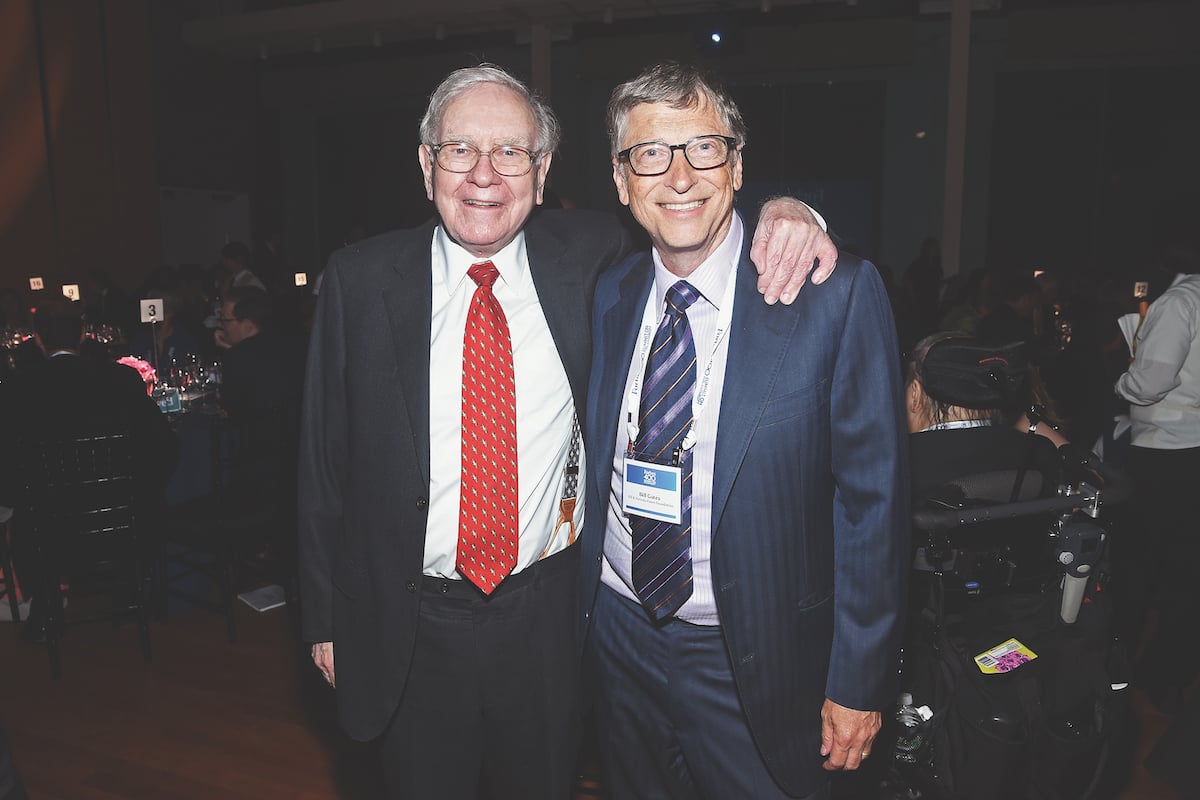Steve Jobs mentored Mark Zuckerberg. Warren Buffett mentors Bill Gates. Martin Luther King Jr was mentored by his college president. Bob Dylan was mentored by Woody Guthrie. Even Mother Theresa had a mentor in Father Michael van der Peet.
It seems, when we dig a little deeper into the lives of those at the pinnacle of their profession, that behind every successful person is a mentor – or several – who helped them along the way. So if mentoring works, what does meaningful mentoring really look like in today’s digital, globalised and ambiguous world? How vital are mentors to your success and what should we be doing to find, keep and have positive, successful mentoring relationships?
Mentors are experienced, trusted advisers who engage in a personal relationship to proceed support and guidance; they are totally invested in the success of the mentee, and most often they are free. As an executive coach, I encourage my clients to find mentors, as well as a coach, and look for positive, energising relationships that will support them.
While mentoring is not one size fits all, the art is in the application, so here are five ways to get the best out of your mentor.
Know what you want
Before entering any mentoring relationship – even before you have started to think about the people you might talk to or invite to help you – it’s imperative that you know what it is you really want from the conversation. Remember, if you have a clear goal, for example, “How do I navigate a transition to a C-suite role?”, then you will be able to choose an appropriate mentor who can help you and you’ll be able to communicate what you need from the relationship.
Do your homework
Work out more what you have done to date about your intended goal and how far you have come on your own. Next, think about exactly which part you need assistance with. What is it you need to get what you want?
Define your mentor
Identify the type of relationship you are looking for – informal or formal. Informal mentoring might be meeting for a coffee to catch up in general without using the labels mentor and mentee. A more formal relationship would have set times and frameworks and might be set up by a company you work for or an institution you are part of.
Find the mentor
This requires a creative and open mind. Look through your contact list and ask others for theirs. Chat to people on flights between cities (I’ve found two mentors this way), join an industry group or cold call. Once you have found the humans that look like they might be right for you, then it’s time to approach them, with respect and clarity, to form a connection. Remember you can learn from people who you don’t necessarily ‘like’, as long as you respect them.
Be awesome
I was going to write, don’t be a jerk, but I decided to reframe it! The simple rules are to be open and respectful of the time and place you meet your mentor. Go to your mentor, pay for the coffee, listen, be open to feedback, be willing to share without protection, check their expectations of you and vice versa, say thank you and ask if you can do anything for them. It seems obvious, however, often mentees forget and ask too much of their mentor. Modern mentoring can be done online or on the phone, and should always be personalised and about the relationship. It is a powerful catalyst to success and, at its best, can be a transformative experience.
The first mentor?
The term ‘mentor’ comes from Greek mythology. While Odysseus was fighting the Trojan War, he appointed a ‘mentor’ to develop his son, Telemachus, into a future king and warrior. The mentor in The Odyssey was actually Athena, Goddess of Wisdom, who took the male form in order to be accepted as an appropriate adviser and trainer to a king. Her method of teaching was to lead by example and to provide the opportunity for experiences so that Telemachus could learn from them.







